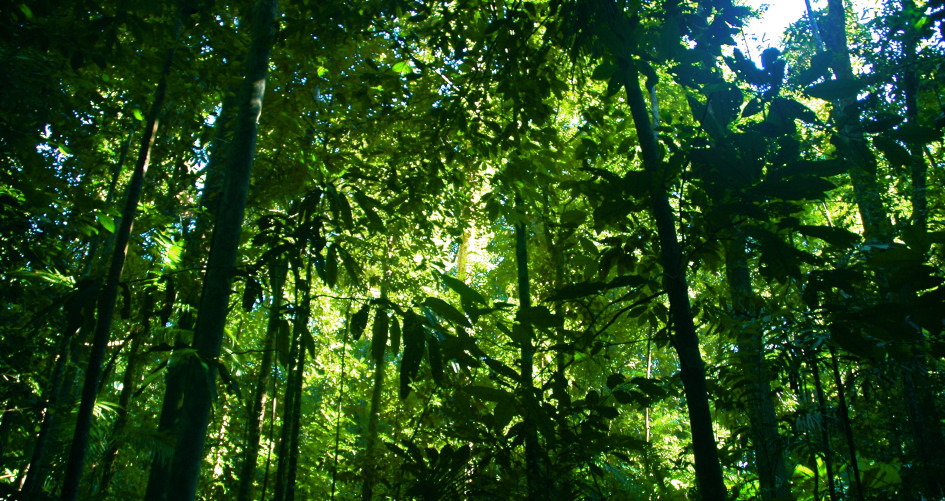The following statement was issued at a special event on forests at the UN climate change conference in Paris. More statements by individual governments at the meeting can also be found on the Stand With Forests website.
Paris, 30 November 2015 - Heads of Government from major forest countries and partner countries joined together today to endorse forests as a key climate solution. They recommitted to providing strong, collective and urgent action to promote equitable rural economic development while slowing, halting and reversing deforestation and massively increasing forest restoration.
In a joint statement, the leaders said:
“We, leaders, today in Paris on November 30th 2015, recognize the essential role forests play in the long-term health of our planet, in contributing to sustainable development, and in meeting our shared goal of avoiding dangerous climate change
“We are committed to intensifying efforts to protect forests, to significantly restore degraded forest, peat and agricultural lands, and to promote low carbon rural development.
“We are committed to do our part as governments and invite others to join us in partnership to reverse deforestation in our lifetimes. Many announcements and partnerships on forests and climate change will be
showcased as part of the Lima Paris Action Agenda. This momentum compels us to deliver a successful outcome in Paris for the good of the climate, humanity and the world’s forests.”
Several leaders announced major new actions to protect and restore forests
Brazil and Norway made a joint announcement to extend their climate and forest partnership until 2020. Brazil has delivered impressive results in reducing Amazon deforestation over 70 percent in the last decade. Both Germany and Norway will continue to support Brazil at scale to further increase ambition on reducing deforestation and forest degradation.
Colombia announced an ambitious partnership , together with Germany, Norway, and the United Kingdom, to implement its vision for green growth, with a particular focus on reducing deforestation in the Amazon region.
Germany, Norway and the United Kingdom announced a collective aim to provide $5 billion from 2015 to 2020, or $1 billion per year by 2020, if countries pursue ambitious REDD+ programs, and an intent to significantly increase pay-for-performance finance if countries demonstrate measured, reported and verified emission reductions.
The leaders aligned around a shared implementation strategy – one centered on enhancing forest protection and restoration, while simultaneously improving rural livelihoods and food security. They recognized the importance of mitigating the main source of emissions, burning fossil fuels. The leaders highlighted that other governments and countries are taking ambitious action to deal with deforestation and forest degradation, and said they will continue working together to advance the REDD+ framework within a global climate agreement to be agreed at COP21 in Paris.
More than a billion people depend directly on forests for their livelihoods, and the remaining six billion of us depend on forests for a variety of economic, social, and environmental benefits such as the rainfall, biodiversity, pollinators, carbon storage, and clean water they provide. Forests also play a critical role for many countries in their ability to adapt to a changing climate.
However, each year approximately 12 million hectares of forest are destroyed. Forests could provide up to one third of the climate solution that we need over the next two decades.
Pic by ben britten (Flickr
